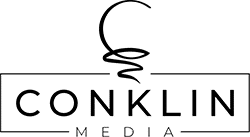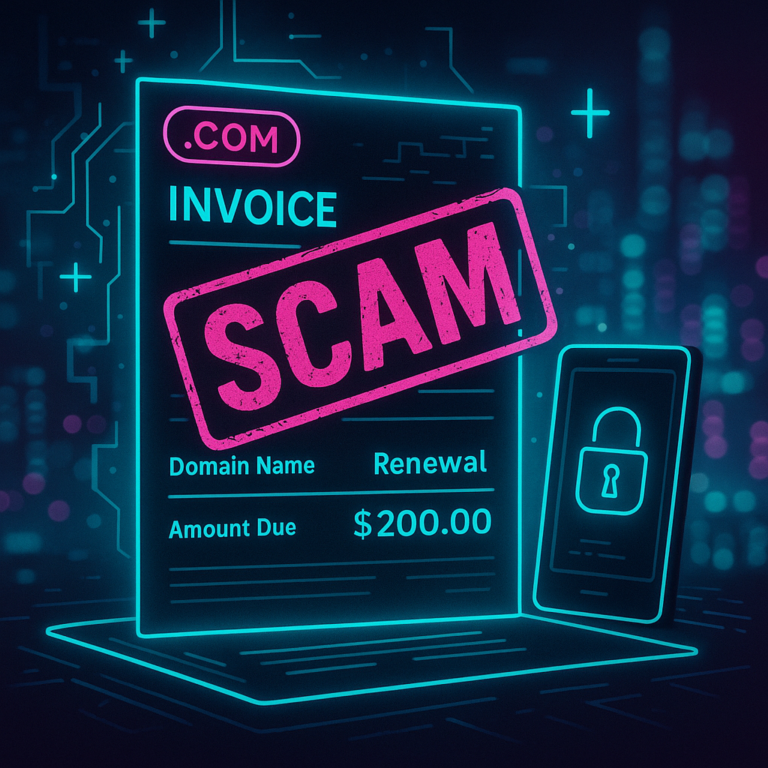Link building is a digital marketing technique that helps improve a website’s ranking on search engines like Google. The goal of link building (and media placements) is to get other websites to link back to your site, which signals to search engines that your content is valuable and relevant. When search engines see that many other sites are linking to your site, they are more likely to rank your site higher in search results.
What Is Link Building?
Link building is almost like building relationships in real life. Just as making friends and connections can help you become more popular and well-known, building links to your website can help it become more popular and visible online. Just as you would want to make friends with people who have a good reputation and are respected by others, you want to get links from reputable and high-quality websites. These links act like votes of confidence from other websites, and search engines use those votes as a way to measure the popularity and authority of your website.
Think about it this way: imagine that at the largest conference or trade show for your industry, the event organizer and 3 separate keynote speakers all took time to comment from stage about how great you are at what you do and what an expert you are in your field.
That could have a HUGE impact on your business, and it’s easy to understand why. You just received multiple authoritative, relevant, public endorsements.
And just like authoritative voices can endorse you from stage, they can also do it online, by way of links from their site to yours.
Just like in the real world, you’re looking for endorsements (or in this case, links) that are 3 things:
Authoritative: they should come from trusted voices
Abundant: the more of these voices in agreement about you (linking to you), the better
Relevant: they need to be applicable or related to the topic or industry you want to rank for
What Link Factors Google Prioritizes
Google exists to serve people searching for things online by connecting them with the most relevant expert answer to their query. At this point, the search engine is smart enough to know that expert websites need to be an authority on a topic, and they can demonstrate that authority by participating in conversations around the web.
Because of this, even if not many people are following a link from another website back to yours, that link is still valuable in Google’s eyes.
Authoritative
Just like in real life, you’re judged online to a large degree by the company you keep. Which means, just like you’d get more benefit from an endorsement from the keynote speaker than from a random guy in the sixth row of the audience, you get more implied authority from more authoritative links.
Abundant
And what’s more – while you might benefit from just one of these highly authoritative endorsements, the more you get, the more believable your own authority is.
Relevant
Finally, imagine that in the conference center next door to where your industry event is taking place, another conference for a completely different industry is happening. Even if the world’s foremost authority in that field endorsed you, it wouldn’t carry the same weight as an authority in your own field.
For CEOs and marketing managers, understanding link building is important because it can have a significant impact on the online visibility and success of their website. By investing in link building, business owners can improve their search engine rankings and drive more traffic, leads, and sales to their site.
Our Link Building Process from Start to Finish
Link building is an extremely difficult yet important task. We break it down primarily into four steps, although at any point we may need to go back a few steps or start again.
We’re extremely picky about the links we get back to your sites. We make sure they have a high domain authority, since Google cares more about authoritative links than links that aren’t from relevant sites that are leaders in their industries.
Research
The first step is to research potential opportunities. To do this, we take an in depth look at your site’s pages, the keywords they’re ranking for, and variations on keywords that would also be beneficial to rank for and attract the audience that will be most beneficial for you.
Once we have the list of keywords, we’ll need to find websites that are relevant to those keywords. We also try to choose websites that are in the same industry or sector as you are since we’ve found that this helps Google better connect your site to the keywords you’d like to rank for.
Sometimes this part of the process is automated, where we’ll use software to crawl the web and filter out strong contenders.
But, many times, a lot of the work is manual. We’ll look into your competitors and find out where they’ve gotten their backlinks. We’ll perform more Google searches than perhaps thought possible. We’ll follow chains of sites and keywords, noting good opportunities along the way.
And that’s only part of the research work involved: once we find a good site, we’ll need to do some digging to find out who to contact about getting a guest post or niche edit up. This requires more Google searches, and plenty of work to find out the contact information for people associated with the site.
Outreach
Once we have contact information, we figure out the best channel to reach out through. Sometimes this is email, sometimes it is through LinkedIn, sometimes it’s even the old fashioned way: through the telephone!
In order to come up with a good enough pitch where a webmaster would be interested in linking back to your site, we need to examine the site closely, look at its target audience, and brainstorm a few topics they might be interested in. We’ll come up with the perfect way to let our contact know that we have an opportunity that could benefit them, and us.
Normally, we have to follow up with our contacts multiple times. They may not see the first email, or it may take a few different tries for them to recognize the value of opening an email from us. We’ve tested countless templates to grab people’s attention and foster a new relationship.
Content Creation
The majority of the time, the best way to attract high-quality links is to create content that’s worth linking back to.
Whatever’s on your website should be more than just writing about the same thing everybody else is. You should provide unique value: what’s an approach or angle you can take that nobody else in the industry can? What’s knowledge only you can share?
Incorporating elements like videos, infographics, and interactive tools can also help us get you more links since people are more likely to reference these types of elements.
Sometimes when we work on media placements, we need to negotiate with other websites to get them to link back to your site. In order to do this, we may need to offer something that will be valuable to them. Normally this takes the form of a guest post. If they have a blog, we’ll write them an article about a predetermined topic and in that article, we’ll have a link back to a relevant page on your website.
Monitoring
The work doesn’t stop after we get an article published! After we’ve built links to your site, it is important to monitor and analyze the results. Doing so helps us understand what is working and what is not, so that we can make informed decisions about your link building strategy going forward.
As part of our monitoring process, we also update the link tracking sheet we share with you so you can always see exactly where we’re getting your links from and what the anchor text is.
Why Link Building Is So Important
Link building is a crucial component of digital marketing that can significantly impact a website’s search engine ranking and overall online success. By obtaining backlinks from relevant and authoritative websites, businesses can increase their visibility, attract more traffic, and generate leads and sales.
We understand that link building can be a complex and technical process, but we assure you that the results are tangible and beneficial to your website’s success. By increasing your website’s visibility and driving more traffic, link building can help you attract potential customers, generate leads, and ultimately increase your revenue.









